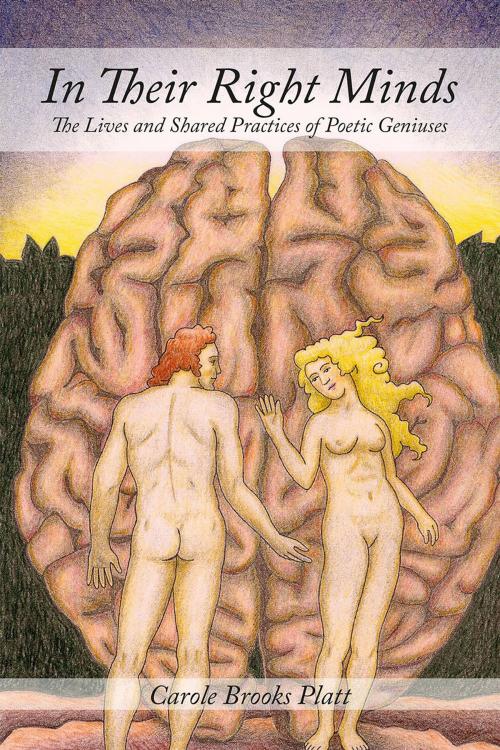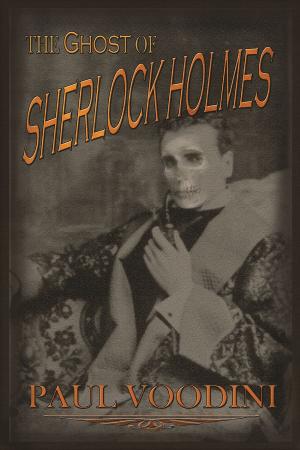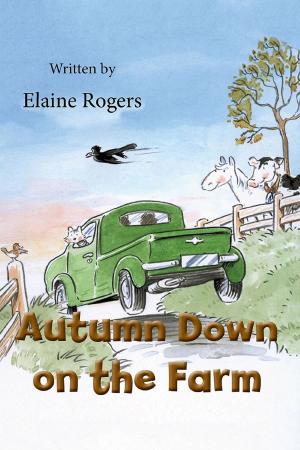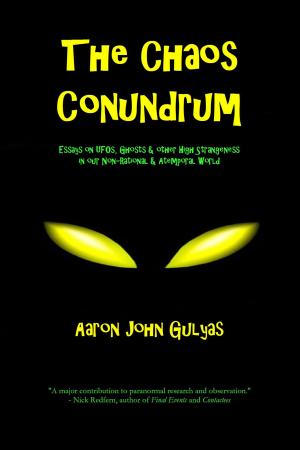In Their Right Minds
The Lives and Shared Practices of Poetic Geniuses
Nonfiction, Health & Well Being, Psychology, Neuropsychology, Fiction & Literature, Literary Theory & Criticism, Poetry History & Criticism| Author: | Carole Brooks Platt | ISBN: | 9781845408381 |
| Publisher: | Andrews UK | Publication: | October 13, 2015 |
| Imprint: | Imprint Academic | Language: | English |
| Author: | Carole Brooks Platt |
| ISBN: | 9781845408381 |
| Publisher: | Andrews UK |
| Publication: | October 13, 2015 |
| Imprint: | Imprint Academic |
| Language: | English |
In 1976, Julian Jaynes proposed that the language of poetry and prophecy originated in the right, "god-side" of the brain. Current neuroscientific evidence confirms the role of the right hemisphere in poetry, a sensed presence, and paranormal claims as well as in mental imbalance. Left-hemispheric dominance for language is the norm. An atypically enhanced right hemisphere, whether attained through genetic predisposition, left-hemispheric damage, epilepsy, childhood or later traumas, can create hypersensitivities along with special skills. Dissociative "Others" may arise unbidden or be coaxed out through occult practices. Based on nearly twenty years of scientific and literary research, this book enters the atypical minds of poetic geniuses - Blake, Keats, Hugo, Rilke, Yeats, Merrill, Plath and Hughes - by way of the visible signs in their lives, beliefs, and shared practices.
In 1976, Julian Jaynes proposed that the language of poetry and prophecy originated in the right, "god-side" of the brain. Current neuroscientific evidence confirms the role of the right hemisphere in poetry, a sensed presence, and paranormal claims as well as in mental imbalance. Left-hemispheric dominance for language is the norm. An atypically enhanced right hemisphere, whether attained through genetic predisposition, left-hemispheric damage, epilepsy, childhood or later traumas, can create hypersensitivities along with special skills. Dissociative "Others" may arise unbidden or be coaxed out through occult practices. Based on nearly twenty years of scientific and literary research, this book enters the atypical minds of poetic geniuses - Blake, Keats, Hugo, Rilke, Yeats, Merrill, Plath and Hughes - by way of the visible signs in their lives, beliefs, and shared practices.















